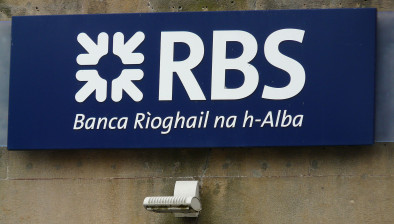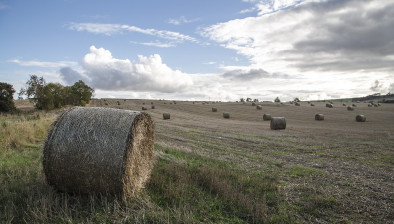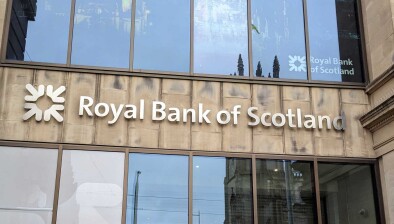RBS: Scottish business confidence remains subdued as job losses continue

Judith Cruickshank
Scotland’s private sector showed tentative signs of recovery in January, according to the Royal Bank of Scotland Growth Tracker.
The index, which measures combined manufacturing and service sector output, rose to 49.6 from 46.9 in December. While still indicating contraction, the softer decline was driven by a renewed uplift in services activity, offsetting a further fall in manufacturing production.
Scottish firms continued to shed jobs at the start of 2025, after December data signalled a drop in employment for the first time in almost two years. Services joined manufacturing in registering lower staffing.
Scottish private sector companies once again reported a decrease in new work intakes in January, with companies signalling lower client demand relating this to greater uncertainty about domestic economic conditions. The upcoming NI rise was also stated to have led customers to clamp down on spending.
Overall input prices rose at their sharpest pace since August 2023, with both services and manufacturing recording a steeper rate of inflation than in December.
Judith Cruickshank, chair of Scotland Board at RBS, said: “Scottish firms reported a leap in costs and prices at the start of 2025, just as the Bank of England raised its inflation forecast to 3.7%.
“Pricing pressure shot back up to levels last seen in the summer of 2023, according to respondents, with energy costs and rising employment costs all playing a role. Nevertheless, businesses said it wasn’t a worsening situation for output, with Scotland’s activity score recovering.
“But uncertainty over the state of demand in future is clearly playing a role, even though firms in Scotland appear to have stronger expectations for the labour market than many other parts of the UK.”
Performance in relation to UK
Positively, Scotland’s rank out of the 12 monitored nations and regions rose from eleventh to sixth in January.
While the contraction in order book levels was consistent with the UK trend, it was comparatively stronger in Scotland. Total sales across the UK fell mildly for the second month running.
The outlook for activity remained subdued in January, picking up only slightly from December’s two-year low. Firms highlighted greater inflation risks due to wage cost increases, which many feared would lead to a drop-off in sales and a weaker economic climate.
Again, business confidence was much lower than the UK trend, despite the latter slipping to the lowest level since December 2022.
Anecdotal reports suggested a reduction in new orders and increased cost pressures were the main factors leading firms to streamline their workforces. However, there were some respondents that replaced staff or added extra working hours to support growth prospects.
Spare capacity across the private sector remained evident in January. Backlogs of work fell at the strongest pace for six months, albeit less marked than seen nationwide. Companies mostly linked a drop in work-in-hand to lower sales.
Services companies associated higher costs with an increase in wages, as well as heightened prices for energy, fuel and technology. Goods producers typically cited an uplift in supplier charges, which in turn was often due to a markup in payroll costs.
These upticks underscored an increase in average prices charged, as many firms commented that they had raised their prices in January. Overall charges rose sharply, with the rate of inflation quickening to a nine-month high.
For both input and output prices, inflationary pressures were slightly less marked in Scotland compared to the UK average.







